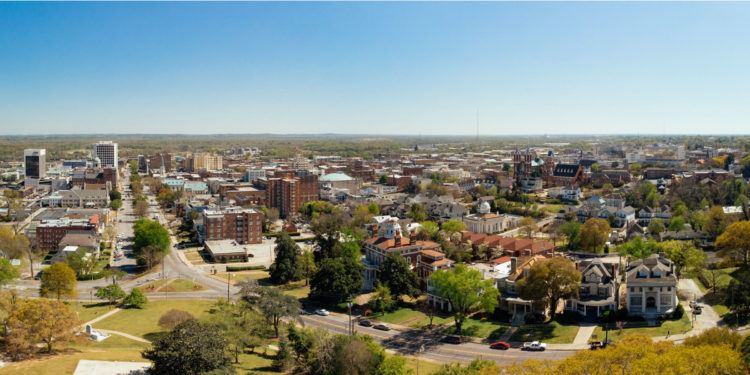
Middle Georgia Businesses Expect Strong Year
Businesses in Middle Georgia experienced a very positive 2018 and expect an even better 2019, according to the results of Mercer University’s 2018 Middle Georgia Economic Outlook Survey.
During 2018, businesses in Middle Georgia added more employees than they expected to add at the beginning of the year. Businesses were also very optimistic about adding employees during 2019.
Interestingly, businesses show strong optimism about adding employees despite believing that average employee compensation was higher during 2018 than expected at the beginning of the year, and that this average will further increase in 2019.
The BB&T Center for Undergraduate Research in Public Policy and Capitalism and partner chambers received responses to their electronic survey from 125 individuals. Dr. Antonio Saravia, associate professor of economics and director of the BB&T Center, compiled the results, which can be viewed online.
“In general terms, businesses in Middle Georgia seemed to have experienced a very strong 2018 and expect an even stronger 2019,” said Dr. Saravia. “The indices for net earnings, sales and hiring were all up for 2018 and are predicted to continue to increase in 2019, which is very good news. The report shows absolutely no recessionary concerns. While companies in Middle Georgia still struggle finding the right talent in the area, the economic sentiment continues to be positive as the economy continues to expand.”
The most significant obstacles to business identified by the respondents for both 2018 and 2019, as evidenced by intensity indices, were the quality of labor, the cost of labor, government regulations and/or red tape and taxes.
Respondents represented considerable variety in terms of company size, geography and industry. Most were small businesses under 10 employees, which accounted for 48 percent of the total number of respondents. The majority had principal offices located in Bibb (49 percent), Houston (29 percent) and Monroe (11 percent) counties. Respondents represented a wide range of industries, led by retail trade (14 percent) and professional and technical service (14 percent).
The survey, released in March 2019, was conducted by the BB&T Center for Undergraduate Research in Public Policy and Capitalism in Mercer’s Eugene W. Stetson School of Business and Economics, in partnership with the Greater Macon Chamber of Commerce, the Robins Regional Chamber of Commerce, the Forsyth-Monroe County Chamber of Commerce, the Milledgeville-Baldwin Chamber of Commerce, the Jones County/Gray Chamber of Commerce, the Roberta-Crawford County Chamber of Commerce and the Wilkinson County Chamber of Commerce.
